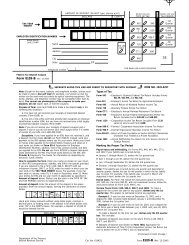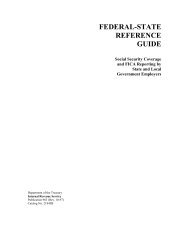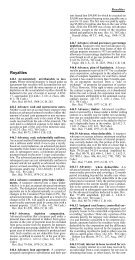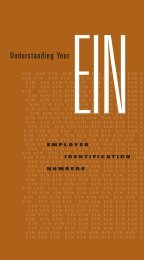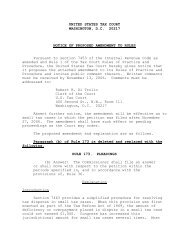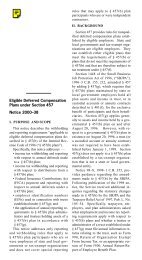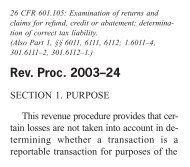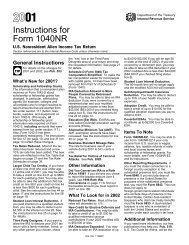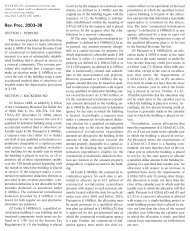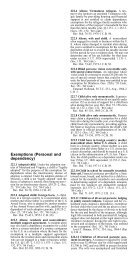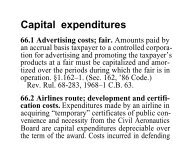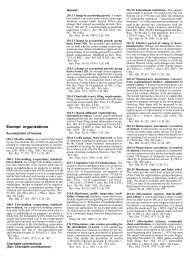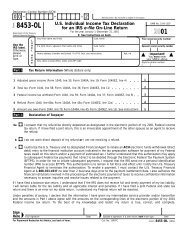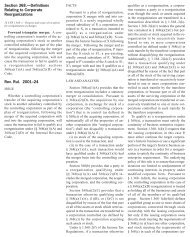Auto Dealerships - Audit Technique Guide - Uncle Fed's Tax*Board
Auto Dealerships - Audit Technique Guide - Uncle Fed's Tax*Board
Auto Dealerships - Audit Technique Guide - Uncle Fed's Tax*Board
You also want an ePaper? Increase the reach of your titles
YUMPU automatically turns print PDFs into web optimized ePapers that Google loves.
corporate minutes if material.<br />
d. Look for liability amounts owed to other related entities.<br />
<strong>Auto</strong> industry specifics:<br />
a. Customer deposits is one liability account that dealerships may show as either a contra<br />
account receivable or a payable. It represents cash advances received for sales where<br />
delivery of the vehicle(s) has not yet occurred.<br />
b. Reserves: A dealership may establish reserves for many contingent and uncertain losses.<br />
These should be expensed for tax purposes only when economic performance occurs and<br />
not when estimated. For book purposes, however reserves may be proper for such things<br />
as service contract losses, repossession losses, and potential bad debts.<br />
c. Transfer of funds. Items which the dealership collects but must send to governmental<br />
agencies such as sales tax, luxury tax, and Department of Motor Vehicle (DMV) fees.<br />
7. Capital Stock/Capital Account<br />
Due to the nature of dealerships, it is recommended that the capital accounts of all entities be<br />
looked at. <strong>Auto</strong> dealerships tend to be family ventures that may pass from generation to<br />
generation and may expand to incorporate more and more dealerships in different areas. The<br />
economic reality analysis for capital is useful as it gives a full picture of who owns what and<br />
how much. Possible issue areas include the transfer of ownership from one family member to<br />
another. These transfers should be examined to ensure that there is no unreported gift tax or<br />
capital gain tax.<br />
Flow through entities should be analyzed with their related Forms 1040 to determine that<br />
Forms K-1 match ownership percentages and that individuals are not mistakenly considering<br />
active income as passive or visa versa.<br />
Although a stock certificate book and corporate minutes are helpful in developing capital<br />
issues, the most important facts come from the related returns and interviews of the taxpayers<br />
involved.<br />
8. Retained Earnings<br />
<strong>Auto</strong> dealerships tend to expand and therefore issues such as Accumulated Earnings Tax (IRC<br />
section 531) are not usually applicable. If the balance sheet of the corporation leads an agent<br />
to consider this issue the agent should gather the information necessary for using the Bardahl<br />
formula early in the examination including:<br />
a. Planned expansion<br />
b. Operating ratios<br />
B-11



